Finances
What Are the 3 Credit Bureaus? How Do They Work?
Understanding the 3 credit bureaus is essential for financial awareness. These institutions play a key role in credit reporting, influencing loan approvals, interest rates, and your overall credit score.
Advertisement
Exploring the trio of credit bureaus and their functions

Have you ever wondered about the numbers behind your credit score? It starts with understanding what the 3 credit bureaus are. They collect and manage your information.

Is 700 a good credit score?
Is 700 points a good credit score? What advantages do you have access to when you build your credit up to this level? How to keep evolving your score? Read this article and find out!
In this article, we’ll explain how they work. You’ll learn their role in shaping your financial future, making it easier to navigate credit and loan applications.
Who are the three leading credit bureaus?
In the United States, the most important players in the financial world are the three main credit agencies. They are Equifax, Experian, and TransUnion.
These organizations collect and keep personal credit data, crafting credit profiles that significantly impact decisions made by lenders.
Understanding what these bureaus do and how they work is essential for anyone looking to manage their financial health effectively.
You will be redirected to another website
You’ll receive messages for less than 1 week, with a maximum of 1 message per day. You can unsubscribe anytime by replying STOP. By submitting this form, I confirm that I am 18+ years old and agree to the Privacy Policy and Terms and Conditions. I also provide my signature, giving express consent to receive informational messages via automated emails, SMS, MMS text messages, and other forms of communication. Message frequency may vary as part of our good-faith effort to respond to your inquiry. Message and data rates may apply. Text STOP to cancel. I understand that my consent to receive communications is not a condition of purchase and that I may revoke my consent at any time.
Equifax
Equifax has a significant impact on financial decisions. As part of its operations, Equifax collects financial information from different sources.
This information forms the basis of what are the 3 credit bureaus doing: collecting credit histories.
Furthermore, Equifax analyzes this data to create credit reports and scores. These reports are crucial for lenders to understand a person’s creditworthiness.
Finally, Equifax offers services beyond basic credit reporting. These include identity theft protection and credit monitoring, helping consumers keep track of their financial standing.
TransUnion
TransUnion also gathers and analyzes consumer credit data. This contributes to what are the 3 credit bureaus’ essential functions: evaluating credit risk.
Additionally, TransUnion’s credit reports provide a comprehensive view of an individual’s financial behavior. This information guides lenders in making choices regarding credit requests.
Moreover, like Equifax, TransUnion places a strong emphasis on education. They offer resources to help individuals understand their credit reports and improve their credit health.
Experian
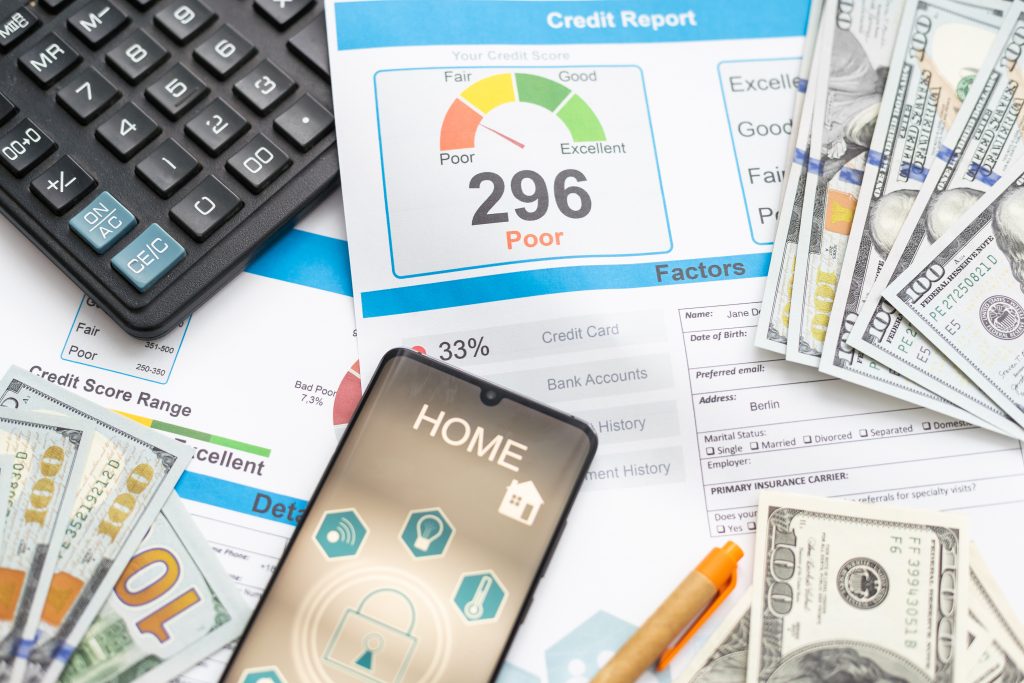
Experian is known for its extensive database and collects financial data from lenders and financial institutions. This also adds to the critical role of what are the 3 credit bureaus.
In addition to traditional credit reporting, they provide insights into credit trends and consumer behavior. This helps lenders and consumers alike understand the credit landscape.
Lastly, Experian is dedicated to consumer empowerment. They provide tools and resources for consumers to monitor and improve their credit scores.
What is the significance of credit bureaus?
Credit agencies specialize in gathering financial information to develop comprehensive credit reports. This helps lenders evaluate how risky it is to lend money to someone.
Furthermore, these bureaus play a vital role in the credit system. They provide insights that help consumers access fair credit and enable lenders to make informed decisions.
Do government regulations impact credit bureaus?
All credit bureaus operate under government regulation, adhering to legislation such as the Fair Credit Reporting Act. This ensures they operate fairly and protect consumer rights.
This government oversight dictates how bureaus handle consumer data, aiming for accuracy and privacy. It helps maintain trust in the credit reporting system, benefiting everyone.
Which credit bureau holds more weight?
Every credit bureau, each one different in its data selection, holds equal significance. Lenders might favor one over others based on their unique requirements.
Additionally, all three bureaus are crucial for a comprehensive credit view. Checking reports from each helps identify discrepancies and ensures credit accuracy.
The process of credit history data collection by bureaus
Understanding what the 3 credit bureaus are is important, and how they gather your information is part of the deal. Here’s how everything works:
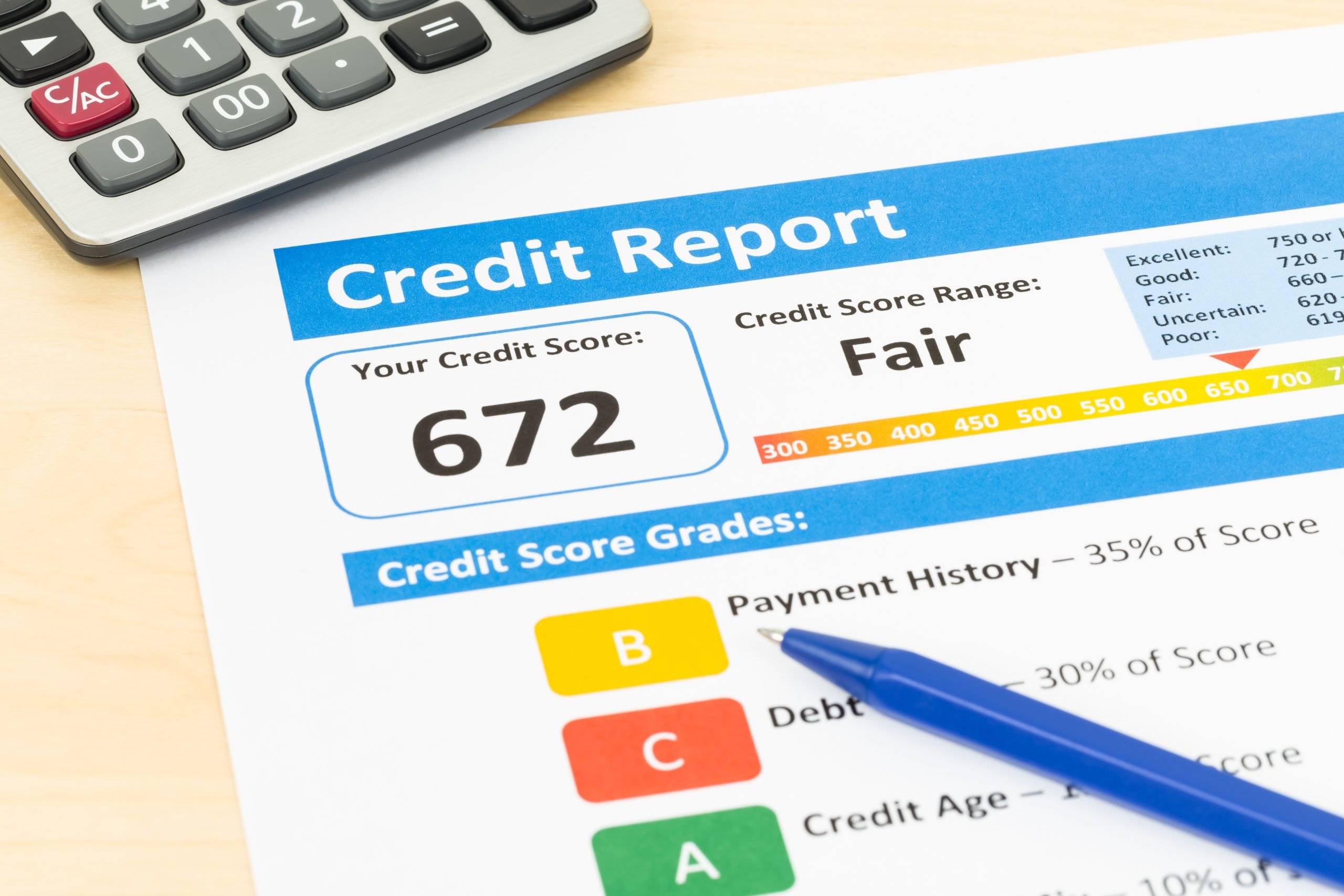
Credit cards for fair credit: choose the right card for you
If you have a fair credit score, it's important to choose the right credit card. We've compiled a list of six excellent cards that will help improve your credit rating.
What does your credit report consist of?
- Firstly, personal information like name, address, and SSN is on record.
- Secondly, all credit accounts, along with their status.
- Thirdly, details of each account’s balance and credit limit are also part of the report.
- Additionally, payment history, including timely payments, late payments, or defaults.
- Also, public records, like bankruptcies and liens, if applicable.
- Lastly, the report reflects any credit inquiries made by potential lenders.
What does your credit report not consist of?
- Marital status, whether single or married, is not on it.
- Excluding medical information, your health records stay private.
- Buying habits or transactional data, like shopping patterns, are not on record.
- Also, income levels, regardless of amount, do not reflect on it.
- Bank account balances, high or low, are not part of it.
- Criminal records, regardless of their nature.
- Educational background, from high school to PhD.
- Your credit score, a key metric, isn’t actually in the report.
How frequently do credit bureaus update reports?
Credit bureaus update reports when lenders report new data. This typically happens monthly, aligning with what the 3 credit bureaus’ processes are.
Additionally, some lenders may update more frequently than once a month. This ensures that your credit report remains current and reflects recent activities.
Can you ask for a credit report without charge?
According to national legislation, you are able to obtain weekly credit reports at no cost from the three agencies. This resource helps in getting a better financial overview.
Additionally, getting these reports is easy via the AnnualCreditReport website. Requests can also be made by phone or mail, offering flexibility in accessing your credit information.
How can you address mistakes on a credit report?

In case you spot a mistake in your report, you have the option to submit a dispute. You can usually do this through online platforms, over the phone, or via traditional mail.
However, it’s important to note that each credit bureau follows its own procedure for handling disputes. So check their websites for more instructions.
Furthermore, it’s crucial to dispute errors with all three major bureaus. Moreover, Equifax, Experian, and TransUnion function autonomously, each with its own set of data without sharing it with the others.
Lastly, the bureau gave to respond to your dispute. This ensures that any inaccuracies are addressed, keeping the integrity of your credit report.
What factors influence credit score calculation by bureaus?
Credit bureaus calculate scores based on financial data. Let’s explore how the 3 credit bureaus are approaching this method:
Equifax
- Adopts the FICO Score model.
- Evaluates payment history and credit usage.
- Prioritizes credit utilization and the length of credit history.
TransUnion
- Deploys both FICO and VantageScore models.
- Takes into account payment history, credit mix, and credit age.
- Places particular emphasis on payment history and credit age.
Experian
- Relies on the FICO Score model, too.
- Analyzes payment history and outstanding balances.
- It sets itself apart by incorporating rental payment information within its reports.
How do credit bureaus influence credit card and loan access?
Credit bureaus play a key role in your credit card or loan approval. Their reports influence the lender’s trust in your financial habits. Which is basically what the 3 credit bureaus are about.
Also, a positive report from Equifax, Experian, or TransUnion boosts your chances of getting better loan terms. Following this, a poor report may restrict credit access.
Steps to successfully boost your credit score and history
Improving your credit score is a crucial step for keeping your financial health. So let’s explore practical steps to enhance your credit history and score:
- Timely bill payments: Meeting payment deadlines consistently boost your score.
- Debt reduction: Lowering your credit utilization has a positive impact on your score.
- Maintain open old accounts: A longer credit history can be beneficial as well.
- Minimize new credit applications: Frequent applications may lower your score.
- Regularly review credit reports: Ensuring accuracy helps prevent errors.
- Expand credit types: A variety of credit types can demonstrate responsible usage.
Keeping your credit score in shape is key for a brighter financial future. Not only does that show you’re a responsible borrower, but it will also give you better credit terms.
So if you’re confused about the differences between a credit score and a report, we’re here to assist you in understanding them. For an easy guide on these topics, follow the link below.
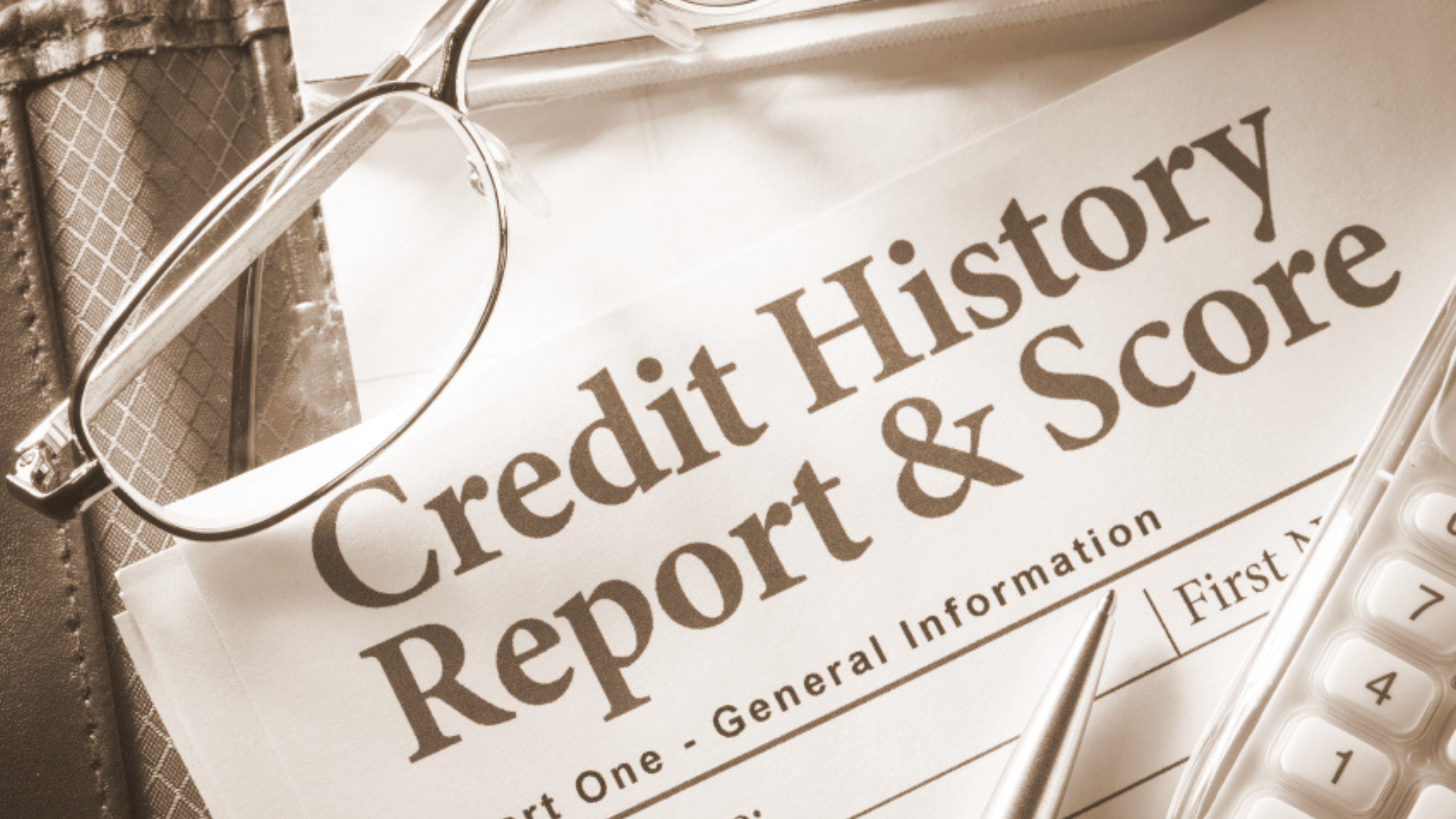
Credit score vs. credit report
Your credit score and credit report can make your financial life easier or more difficult. So understand what they are and why they are so important.
Trending Topics
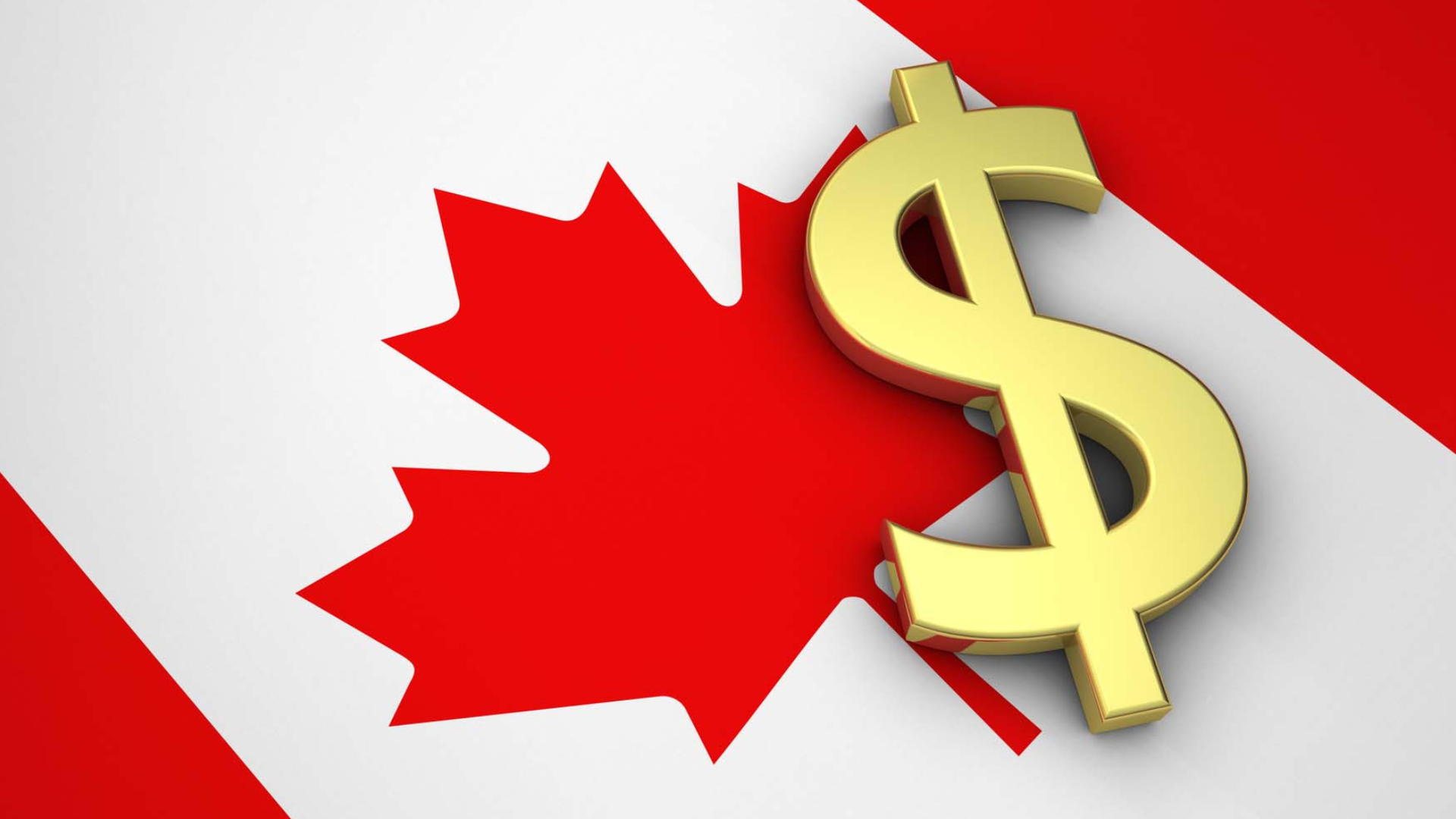
Is Canada going into recession? Here’s what experts are saying
Find out if Canada is going into recession, and learn about some of the causes behind this situation. Here are the facts.
Keep Reading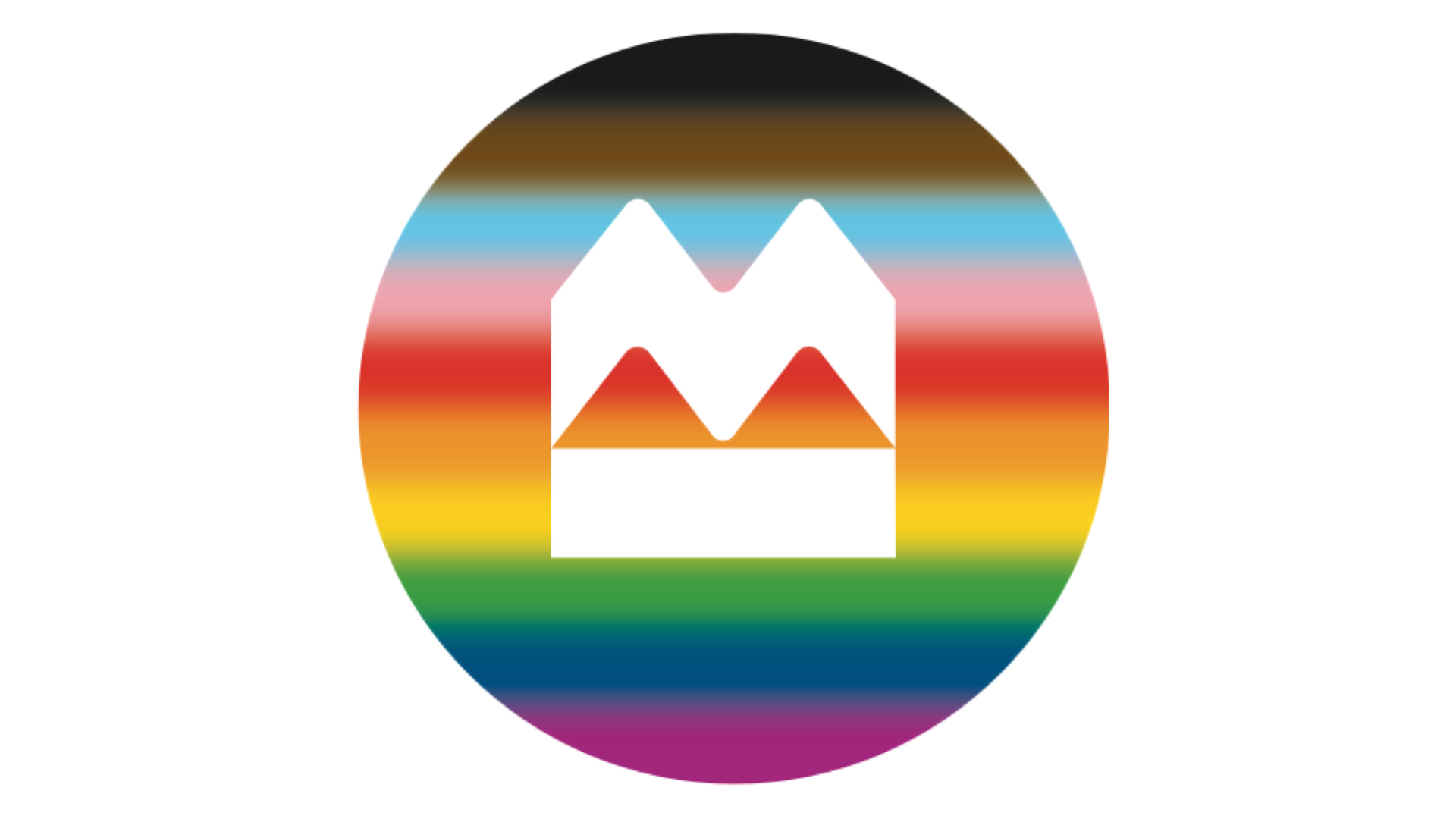
BMO eclipse Visa Infinite credit card full review: should you get it?
Meet the BMO eclipse Visa Infinite credit card, the card that gives you access to an exclusive world and the best rewards program.
Keep Reading
Applied Bank® Unsecured Classic Visa® credit card full review: should you get it?
Rely on the Applied Bank® Unsecured Classic Visa® credit card to build your credit, regardless of your current score. Know more!
Keep ReadingYou may also like

100 Lenders Review: Easy Loans for All Credit Types
Read our 100 Lenders review for fast, easy loans up to $40K with all credit considered, secure processing, and next-day funds availability.
Keep Reading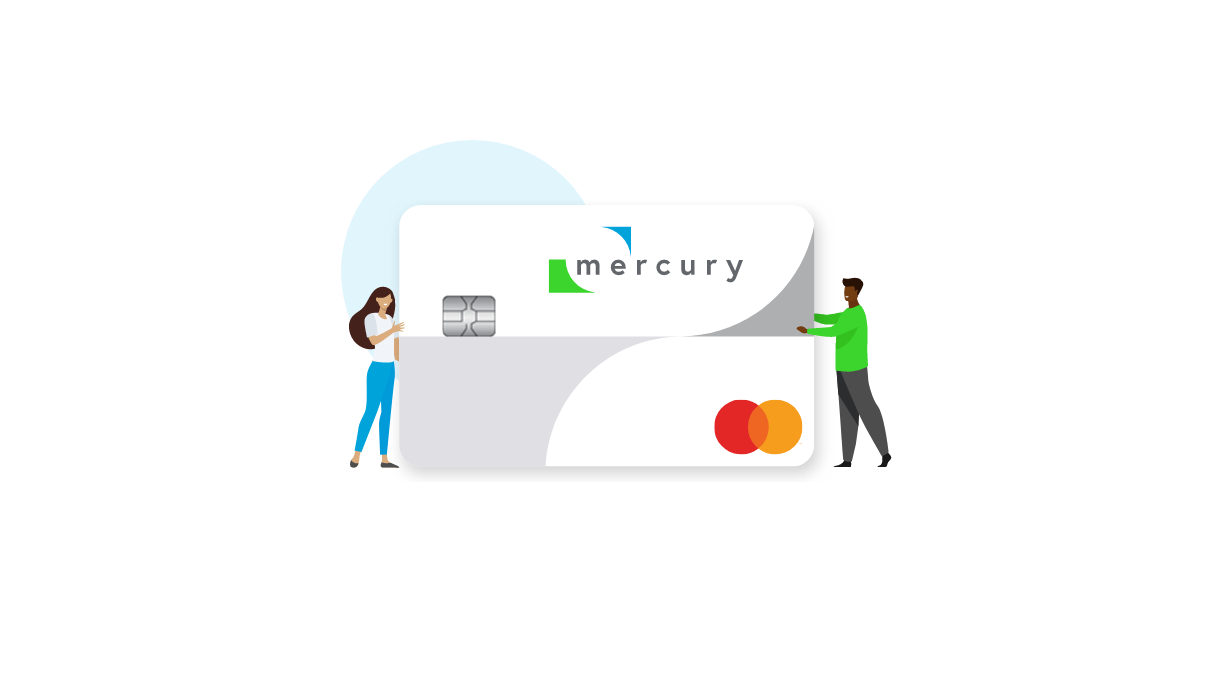
Mercury® Mastercard® card: check out how to apply!
Check out how to apply for the Mercury® Mastercard®, the credit card that comes with a solid cashback rewards program - learn more now!
Keep Reading
Financial freedom: Apply for Citizens Bank Student Loan Refinance
Simplify your loan refinancing journey - apply for Citizens Bank Student Loan Refinance. Secure lower rates and get debt-free!
Keep Reading